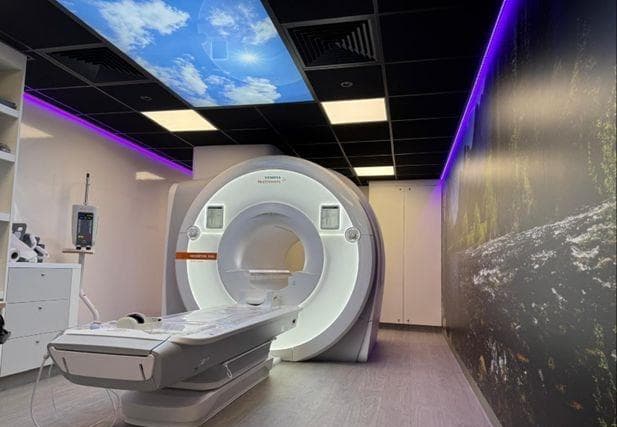Are We Losing Our Edge? How Technology Might Be Diminishing Essential Human Skills

We live in an age of unprecedented technological advancement. From smartphones to smart homes, technology has seamlessly integrated into every facet of our lives, streamlining tasks and offering incredible convenience. But at what cost? While technology undeniably enhances our capabilities, a growing concern is whether it's also subtly eroding our inherent human skills – the very abilities that have defined us for millennia.
Consider the simple act of remembering. Once a core function of our brains, it's now largely outsourced to our smartphones. Calendar apps diligently track our appointments, reminder apps ensure we don't miss deadlines, and even note-taking apps capture fleeting thoughts. While this frees up mental space for other endeavors, is it also weakening our natural memory capacity? The constant reliance on external devices could lead to a gradual decline in our ability to recall information independently.
The same pattern extends to other areas. Splitting restaurant bills used to involve mental calculations or even cumbersome manual processes. Now, a simple app does it for us in seconds. Tracking our TV shows and remembering which episode we last watched? Forget about it – streaming services handle it all. These conveniences, while undeniably appealing, contribute to a broader trend of outsourcing cognitive tasks to technology.
This isn't about demonizing technology. It's a powerful tool that has revolutionized countless aspects of our lives. However, it's crucial to be mindful of the potential consequences of over-reliance. The atrophy of essential human skills isn’t just about forgetting appointments or struggling with mental math. It's about potentially diminishing our problem-solving abilities, our capacity for critical thinking, and even our resilience in the face of adversity.
So, what can we do? The key lies in finding a balance. We shouldn't abandon technology, but we should be conscious of how we use it. Actively engage in activities that challenge our minds and require us to rely on our innate abilities. Try memorizing phone numbers instead of storing them in your phone. Do mental math instead of relying on a calculator. Plan a trip without relying solely on GPS navigation. These seemingly small efforts can help maintain and strengthen our cognitive muscles.
Ultimately, the future hinges on our ability to harness the power of technology without sacrificing the core human skills that make us uniquely capable. It's about embracing innovation while preserving the essence of what it means to be human – resourceful, adaptable, and capable of navigating the world with our own minds.
Let's not become slaves to our devices. Let's use them as tools to enhance our lives, not to replace the very skills that define us.




